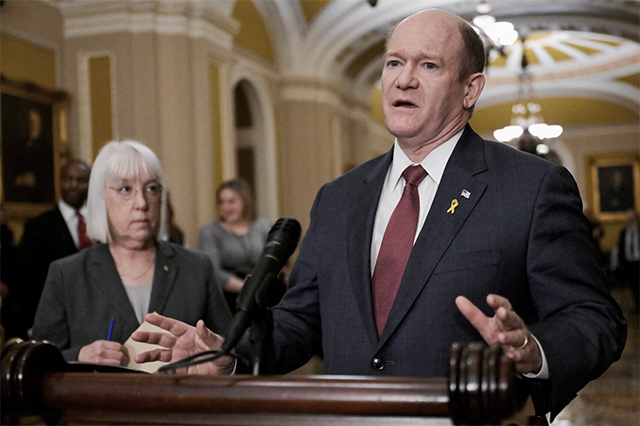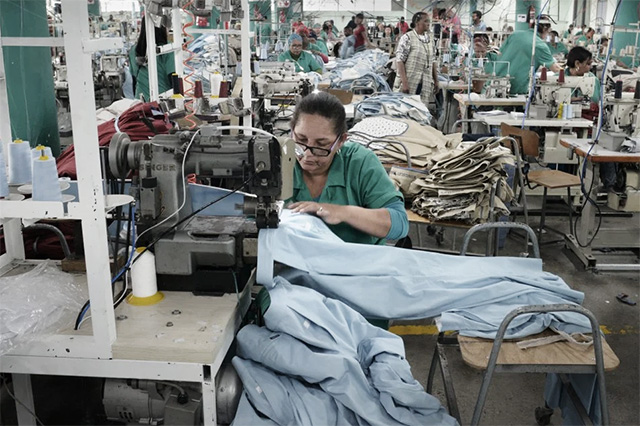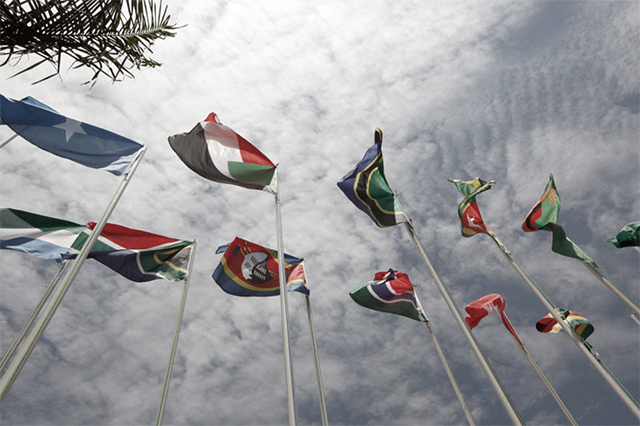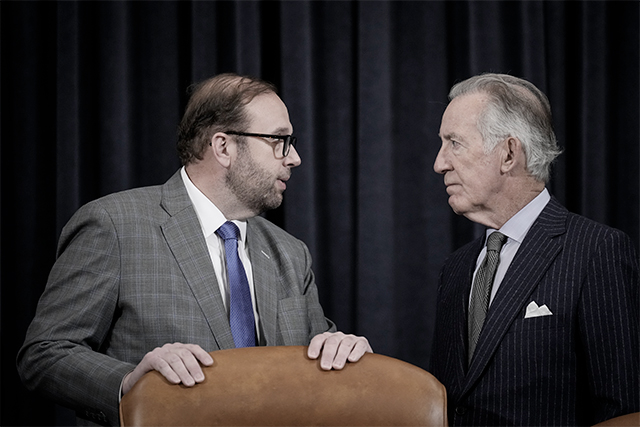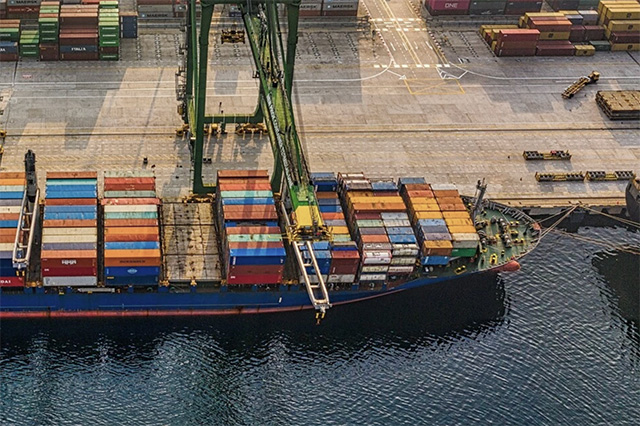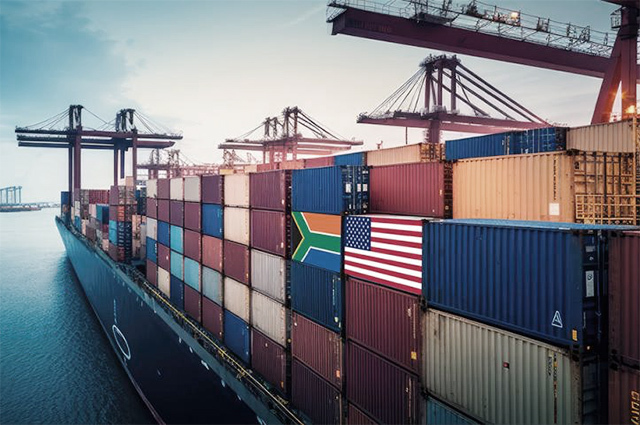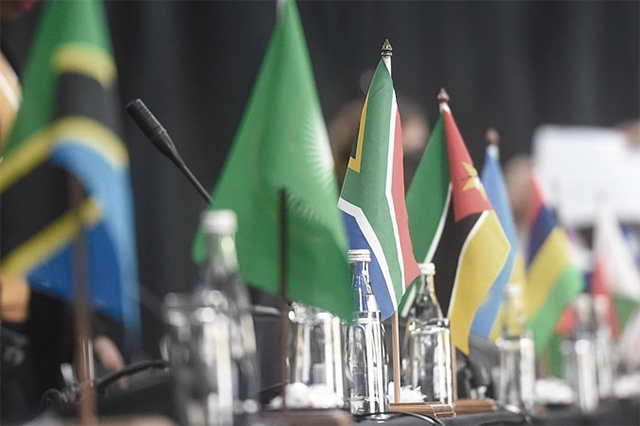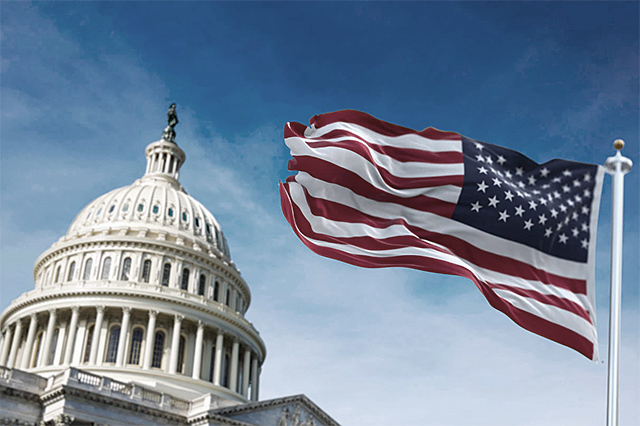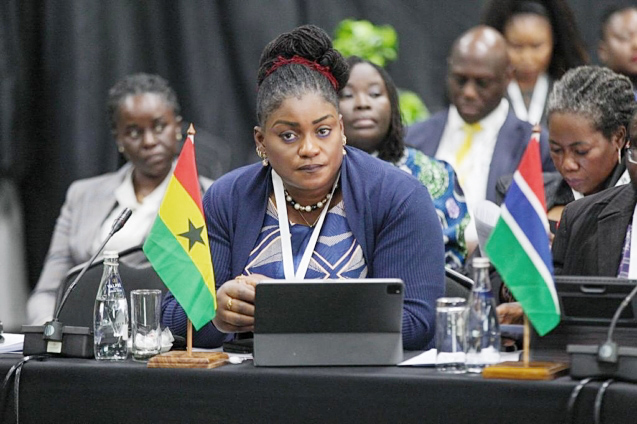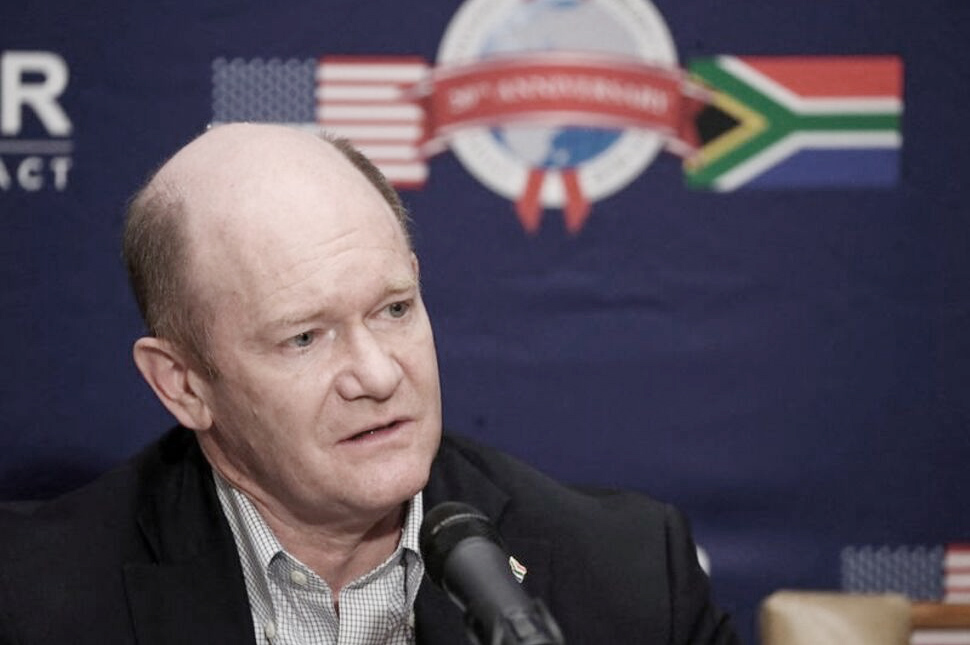WTO Goods Council approves AGOA waiver
The WTO's Goods Council approved on 10 November a request from the United States for the extension of a waiver regarding the Africa Growth and Opportunity Act (AGOA), a preferential trade programme granting special access to the US market for goods imported from 39 beneficiary countries in sub-Saharan Africa.
The US enacted legislation in June 2015 extending the AGOA programme for 10 years, or until 30 September 2025. The waiver will run until the expiry of the programme.
The US told the Goods Council that imports of goods under AGOA provisions totalled $11.8 billion in 2014. Over 91 per cent of US imports from AGOA-eligible countries entered the United States duty-free under the AGOA, the Generalized System of Preferences, or other zero-tariff provisions, it added.
The waiver means that the AGOA preferences are exempted from the most favoured nation and non-discrimination provisions under Articles I and XIII of the WTO's General Agreement on Tariffs and Trade (GATT). The waiver will now be forwarded to the WTO's General Council for final approval.
The Goods Council continued reviewing a longstanding request from Jordan, which is seeking to extend the phase-out period of an export subsidy programme for domestic producers, in particular small and medium-sized enterprises (SMEs). Many delegations expressed continued support for extending the waiver for the programme, which expires at the end of 2015.
Yousef Shammali, Jordan's Secretary-General for the Ministry of Industry, Trade and Supply, noted that Jordan has revised the proposed waiver, reducing the period sought to three years, or until the end of 2018 (down from its earlier request for 2022) and setting out a detailed time-frame to replace the current export subsidy programme with a new, WTO-compliant programme.
Mr Shammali said Jordan was facing an "exceptional geopolitical situation" and that "severe instability" in the region continued to negatively affect the country's economy and hinder the industrial sector. He noted that Jordan's borders with both Syria and Iraq were now closed, resulting in a diversion of commercial traffic and a doubling of freight costs.
More than 20 delegations took the floor, with all expressing support for Jordan's plight. Qatar (for the Gulf Cooperation Council), Saudi Arabia (for the Arab Group), Yemen, Chinese Taipei, Bahrain, Egypt, Canada, Turkey, the European Union, Oman, Pakistan, the United Arab Emirates, Korea, Morocco, China, and Norway voiced their support for the waiver request. But Japan, Switzerland, the United States, Australia and New Zealand said they had systemic concerns with the waiver request and were willing to work with Jordan to find a solution; four delegations said the best way forward was for Jordan to modify or replace the existing programme as soon as possible.
The Chairman of the Goods Council, Ambassador Héctor Casanueva (Chile), concluded by noting that Jordan's request continued to have wide support among the WTO membership. Some members still had systemic concerns, he said, even though they recognized Jordan's unprecedented situation, but welcomed Jordan's efforts, openness, and transparency to address their concerns, and particularly welcomed the action plan for adopting a WTO-compliant programme.
Call for WTO talks on illicit trade
Colombia issued a call for talks within the WTO on the issue of illicit trade and the fight against money laundering. Colombia noted that illegal trade was a global problem that was growing in seriousness and magnitude — between 8 per cent and 15 per cent of global GDP, and much more in some countries. The WTO itself has estimated trade in counterfeit and pirated goods accounts for 7 per cent of global trade, with the World Bank estimating money laundering at 3-5 per cent of global GDP.
Illicit trade undermines the multilateral trading system and the people that participate in it, Colombia argued, and the WTO needs to rise to the challenge by putting the issue on its agenda. Discussions could address the relationship between illicit trade and WTO rules, and what collective instruments could be used to address the issue.
Peru, Costa Rica, Mexico, Guatemala and Chile all expressed support for the Colombian initiative, highlighting the growing problem of illicit trade worldwide.
Specific trade concerns
Chile, the EU, Iceland, Norway, Uruguay, the United States, Thailand, Malaysia and Switzerland took the floor to express concerns about various measures in Nigeria which were restricting imports. These measures include restrictions on imports of fishery products as well as local content requirements in the oil and gas sectors, and more recently, a decision by the country's central bank in June to prohibit foreign exchange transactions for imports of 41 product categories. This latter decision was affecting sectors such as fisheries, agricultural goods, plastics, metals, and aircraft/aircraft parts, the delegations said.
Nigeria said it was addressing the concerns raised. It noted the foreign exchange issue has already been raised by the country's trade ministry with the central bank and that the ministry requested a roll-back or standstill of the measure pending further domestic consultations. Local content requirements were being applied in a transparent manner and in accordance with Nigeria's WTO obligations. Nigeria noted that a new government cabinet would be appointed on 11 November and that it expected new policy announcements to follow.
Ten delegations — the US, EU, Japan, Canada, Australia, New Zealand, Brazil, Chinese Taipei, Switzerland and Norway — took the floor to once again express concerns about policies restricting imports and exports in Indonesia. The policies cited included import licensing requirements, unique technical regulations and conformity assessment procedures, preshipment inspection requirements, export restrictions, port entry restrictions, retail distribution restrictions, and local content/domestic manufacturing requirements in sectors such as telecommunications and energy. Some delegations said they were encouraged by recent statements from Indonesia's president and trade minister recognizing the need to improve the business and investment climate as well as Indonesia's statement to the WTO that 134 regulations affecting imports and exports would be revised.
Japan, Mexico Colombia, Panama, Chile, Peru, the United States, Switzerland, Korea, Canada and the EU raised concerns about a variety of import restrictions in Ecuador, which include requirements for auto exporters to obtain certificates of conformity, labelling requirements for certain beverages and food, quotas on auto imports, and a tariff surcharge imposed for balance of payments purposes. The delegations said the measures were having a negative effect on their exporters and asked Ecuador to explain how the measures were in line with WTO rules.
Ecuador countered that its measures on motor vehicles were taken to address climate change and rising pollution from the growing fleet of cars, particularly in urban areas. Ecuador justified these measures under GATT Article XX(b) in order to protect public health. The EU said it was interested to hear from Ecuador that these measures were being applied equally to both domestic and imported cars, as it had understood this was not the case.
Norway, Iceland and Switzerland raised concerns regarding customs valuation practices in Ukraine. Norway said it had received recent complaints from its seafood exporters about Ukrainian customs authorities systematically rejecting the transaction values reported by the exporters, while Switzerland described the practices as burdensome and non-transparent. Ukraine replied that its customs valuation system was in full conformity with WTO requirements but that its regulations were undergoing reforms which have already significantly improved customs procedures in Ukraine.
Seven delegations (US, New Zealand, Chile, Canada, Australia, EU, China) took the floor to ask India for the reasons why it was now requiring all apple imports to go exclusively through its Nhava Sheva port near Mumbai. These delegations noted that the issue was raised in four other committees under the Goods Council but that India said the respective committees (agriculture, technical barriers to trade, sanitary/phytosanitary measures and import licensing) were not the place to raise the issue. They asked India to explain its justification for the measure, why it was imposed without advance warning, and how long it would remain in place.
India replied that it did not respond to the earlier concerns because the matter did not fall under the purview of the four committees. It asked that delegations express their concerns in writing, after which they would be conveyed to New Delhi. India said it would work bilaterally with members on the issue. Chile, New Zealand, the EU and Australia countered that India should be in a position to respond to the concerns at the Goods Council meeting since they were already submitted in writing to the four committees previously
The EU reiterated its concerns about Brazil's imposition of non-automatic licensing requirements on imports of nitrocellulose, which is used in the production of lacquer and nail varnish. The EU said Brazil's justification that the chemical can also be used for military purposes was unjustified and urged Brazil to immediately eliminate the requirement. Brazil countered that the measure was being misrepresented by the EU as an import ban, that the requirements were in conformity with WTO rules and that it considered discussions on the issue exhausted. It asked for the item to be removed from future meeting agendas, noting that no other member appeared to have a problem with the measure.
Finally, the EU, Canada, the US, Japan and Switzerland all expressed concerns regarding what they said were Pakistan's discriminatory sales taxes, which impose a higher rate of tax on imported over domestic goods. The US said a regulation adopted last year led to increases in the sales tax on imported leather, footwear, apparel and sporting goods from 5 to 17 per cent. Pakistan said the government was currently considering withdrawing the measure at issue and that an indicative date for the withdrawal may be announced soon.
Other Business
China informed the Goods Council that Section 15(a)(ii) of its 2001 Protocol of Accession will expire on 11 December 2016. According to this section, which concerns anti-dumping (AD) investigations, when the Chinese producers cannot clearly show that market economy conditions prevail, the investigating authorities can use a surrogate or analogue country methodology that, according to China, results in much higher prices than those of the Chinese producers. China said that this methodology was outdated, discriminatory, and unfair. Considering the provision will expire on 11 December 2016 and in order to avoid disputes, China called those members having established in their AD laws, regulations and practices such analogue or surrogate methodologies to take the necessary steps to amend or put their legislation in line with the new conditions after the expiry date for Section 15.
The World Trade Organization (WTO) deals with the global rules of trade between nations. Its main function is to ensure that trade flows as smoothly, predictably and freely as possible.




